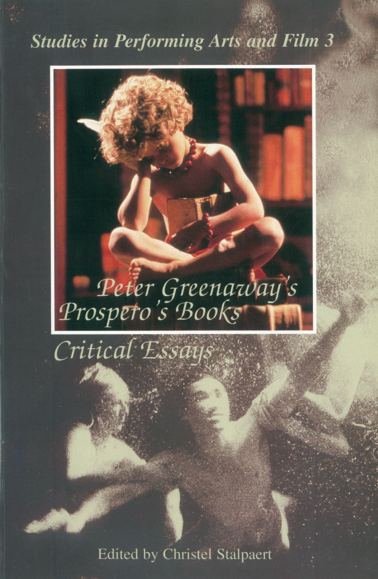This site uses cookies.
Peter Greenaway's Prospero's Books
Discourse is ambiguous and plurivocal. Post-structuralists describe the discursive event as a site of conflict, thus offering us a way-out of so-called univocal, totalising discourse by offering a more optimistic view of the relationship between language and power. Peter Greenaway's Prospero's Books seems to be the example par excellence of their theoretical investigations. As far as my sensory experience of the film is concerned, Prospero's Books was an invitation for seeking another relationship with the discourses we employ. In the line of this invitation, all the authors have been less preoccupied in being 'true' to Greenaway, and have presented their personal 'sensory experience' of Prospero's Books. Thus, the critical essays collected here reflect and are in a way evidence of Greenaway's relocation of The Tempest along the fundamentally unstable limits between different discursive formations. It is a pity that these critical essays - contained within a linguistic code and provided but with the tools of language - cannot fully retrieve the same sensory experience of Prospero's Books. Actually, these critical essays should be offered in an interactive hypermedia environment, consisting of moving images, text, sound, music, … much in the same way Prospero's Books is considered in its allusiveness and omnipresent referentiality: a hypertext, as it were, demanding that we point our mental mouse not only at words, but at a multitude of sign systems. This will be possible perhaps in the near future. In the meantime, though, we offer you these "words, words, words …"
| ISBN | 9789076645032 |
|---|---|
| Année | 2000 |
| NUR | 640 |
| Format | 160 x 240 mm |
| Nombre de pages | 223 p. |

